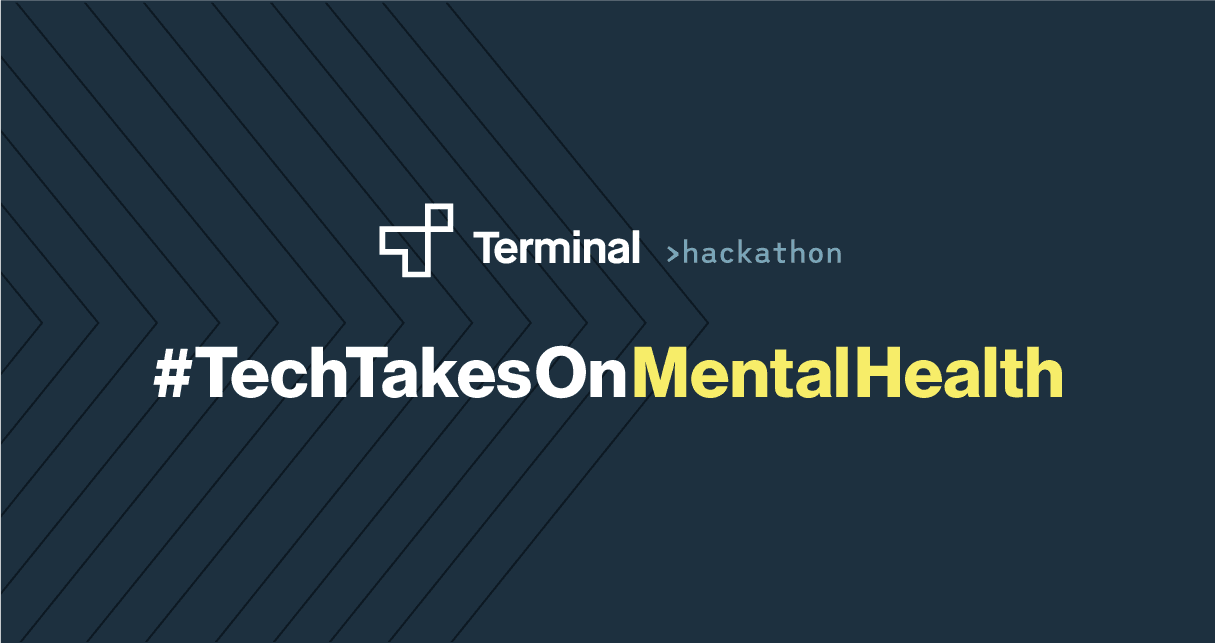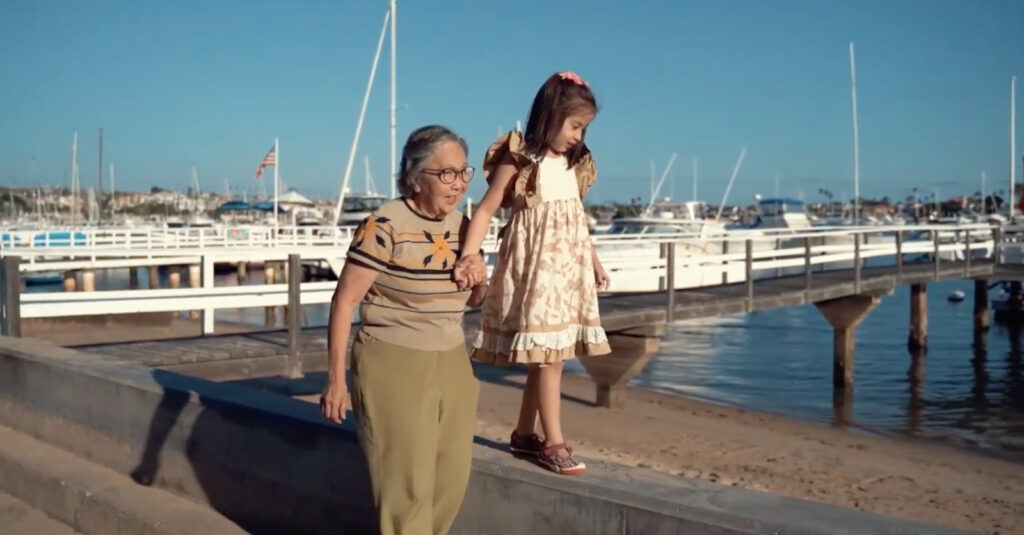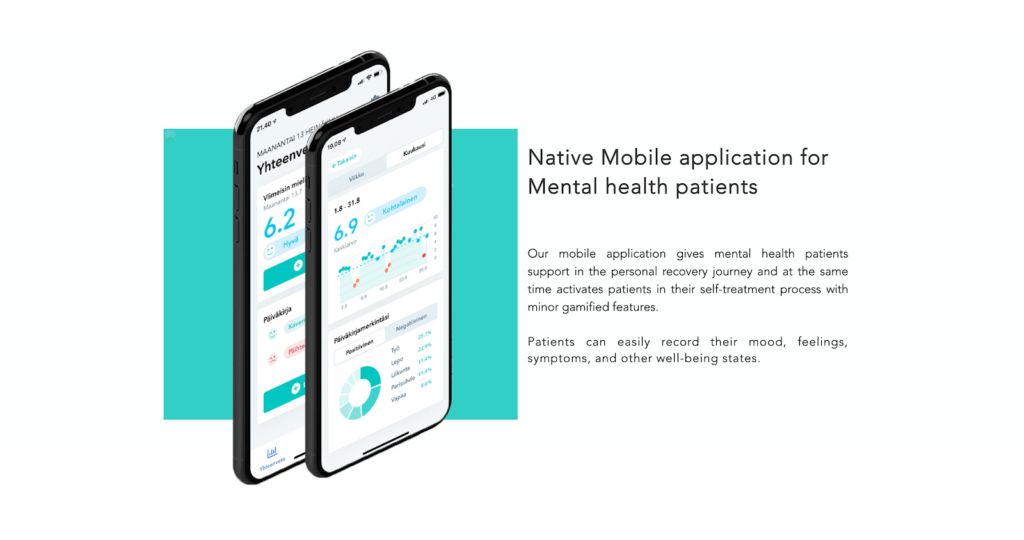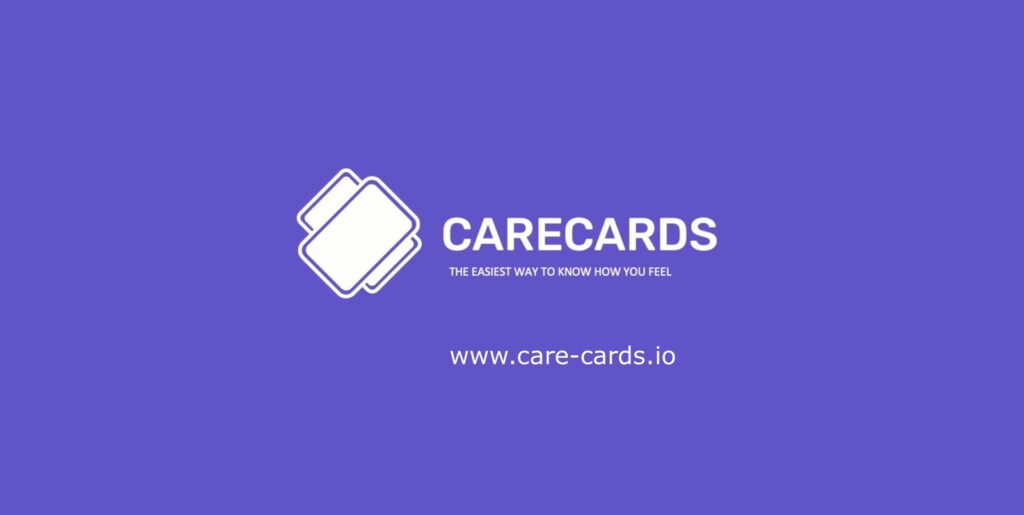
Engineering leadership | Blog Post
#TechTakesOnMentalHealth Hackathon Winners
Linzi Nield
Share this post
The COVID-19 pandemic has wreaked havoc on the world’s mental health. Social isolation, anxiety, and despair have become a part of everyday life, and even when the pandemic finally ends, billions of people will be left with the psychological trauma of having lived through the worst global crisis since World War II.
A small consolation, however, is that the mental health industry is in the midst of a golden era of innovation. Mental health apps are providing wider access to mental health services than ever before, and new approaches to old problems are offering real solace to millions, beating back the social stigma around mental health in the process.
In our latest hackathon, Terminal Tech Takes On Mental Health, engineering teams from around the world competed to develop mental health solutions in a 29-day period. The contest received 36 projects from 220 participants, working to create solutions in the areas of mindfulness, togetherness, gratefulness, accessibility, and more. Terminal donated $7,000 USD to charities of the winners’ choosing, as well as separate donations to Mental Health America, Canadian Mental Health Association, and La Fundación Mexicana para la Salud, some of North America’s top mental health charities. Terminal would like to thank A Wise Mind, Yana, Terapify, PsychologyCompass, and Inside Dev for partnering with us on this important hackathon.
Here are the winners of the #TechTakesOnUnemployment Hackathon.
1st place winner: Eli
For most of human history, dying – like being born – was a family, communal, and religious event, not a medical one. It was a crucial opportunity for loved ones to gain closure and answer important spiritual questions; but with the advancement of medicine, over 80% of people now die in institutions, compared to only 50% in the 1950s.
As the living interact less with the dying, a culture around death denial has developed, where well-meaning family and friends unconsciously shun the dying for fear of death themselves. The dying usually report feeling anxious, unprepared, and isolated as a result, especially as they take on complex logistical last steps without the support of loved ones.

Our 1st place winners developed Eli, a website where users nearing the end of their lives can easily complete their logistical last steps, plan activities they’d like to do before passing, and invite loved ones to join along in the process. No one wants to die alone, but in reality many people do. Eli addresses the elephant in the room and helps to ease the pervasive problems of loneliness and death anxiety.
What’s next: Eli is live and ready for users. Going forward, the team will be creating an “about page” to allow people to leave their emails to receive updates and share the web app with program managers at senior homes and online to gather feedback.
Donation beneficiary: Advance Care Planning – https://www.advancecareplanning.ca/
2nd place winner: Medified
Healthcare professionals can put their patients on any number of treatment plans, but the vast majority of mental healthcare happens outside the doctor’s office. When patients return for follow up treatment, both patient and practitioner lack the data to dig into what aspects of treatment are working and why.
With Medified, any patient can capture personal mental health information precisely and securely. Medified is a native mobile app with two components: one for patients, and one for healthcare practitioners. Patients can use Medified to get personalized treatment assistance and continuity of care, and practitioners can use Medified’s professional dashboard to get medical insights and conduct productive telehealth sessions.

Medified uses a number of advanced technologies to create a stellar user experience. It employs AI-automated psychoeducational features and natural language processing to make the UX intuitive and easy-to-use, encouraging patient retention. Medified caters mental health treatment to the needs of individual patients without creating extra work for professionals.
What’s next: The Medified team is working on a market-ready MVP they can release internationally. They’re currently searching for non-government organizations, research institutions, and healthcare providers with whom they can partner.
Donation beneficiary: University of Minnesota’s Psychiatry Education and Research Fund – give.umn.edu/about-umf
3rd place: CareCards
Millions of people suffer from chronic mental illness simply because of a broken process for getting diagnosed. Mental health screenings in particular are notoriously difficult to administer, and patients often find the questions irrelevant and the diagnoses inaccurate.
Our third place winners have created a simpler, more accessible way to manage the mental health screening process. CareCards transforms lengthy and impenetrable questionnaires into an engaging, interactive experience.

CareCards is a virtual deck of cards with drawings representing the user’s current state of mind. Users simply drag each card — for example, representing anxiety, sleeplessness, or fear — onto a game board to represent how often they feel each emotion. Graphical representations replace checklists, allowing patients to provide a more accurate picture of their overall mental health. This visual approach also benefits people who are less comfortable with written text, like those with learning disabilities or lower levels of reading proficiency.
What’s next: CareCards is fully functioning — try it out! Next up for the CareCards team is connecting the web app with follow-up services such as finding the nearest therapist or offering more information on possible mental health conditions, as well as next steps.
Donation beneficiary: Mind – mind.org.uk


